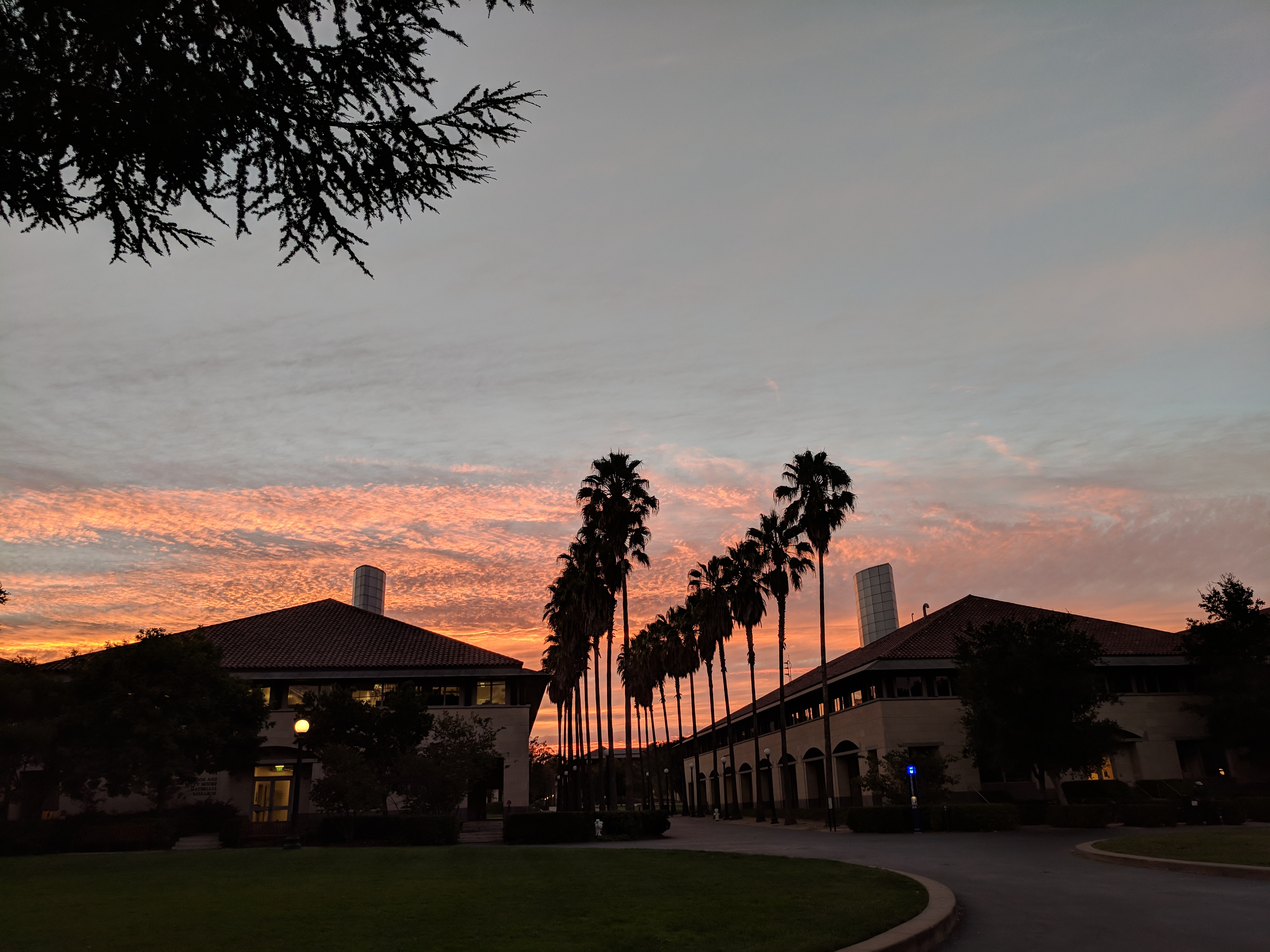
Outside of my own research, I am very passionate about education in general. Of course, the term “education” is an extremely general one, but the best definition I have put down so far is “the process of helping students on their learning process and thereby changing how they think and ultimately who they are.” This is still a very broad definition, I know, but it is intentional. Let me illustrate what this means and how this view has helped me teach by talking about my experience in teaching physics.
Let me first explain/acknowledge how I got to this mode of thought. I first obtained this perspective of education as a holistic, transformative process of the student via various programs at Stanford, including an SGSI course titled “Identity in the Classroom” and a pedagogy course “VPTL 312: Science and Engineering Course Design.” In these courses and many other programs, one recurring theme with Stanford education is “the growth mindset” [1] which is a mindset that believes abilities are something that can be gained and developed, not given at birth and then immutable. With this mindset, a teacher must gear any education towards improving the student’s abilities, realizing their full potential, and ultimately helping them become who they want to be.
Now, back to my experience teaching physics. Like many other grad students, I served as a teaching assistant (TA) for an introductory physics course during my first-year at Stanford–a class most commonly taken by students majoring in not physics, but other sciences, engineering, or something else. Naturally, most students in the course were not looking to take more upper-level physics courses, and some did not have intrinsic motivation for the course material. To some, this was nothing more than just a required course.
Considering the diversity of these students’ identities and motivations made me think about teaching that course in a broader context. I first had to motivate them and convince them that physics education will help them achieve their further goals, though that goal may not be becoming a physicist or even having a career in the STEM fields. I had to think about what studying physics and thinking like a physicist mean and how this could be valuable for non-physicists and non-STEM people. Indeed, training in physics is valuable beyond the boundaries of physics, for example because many fundamental physical principles generalize well to other academic disciplines and because dissecting a complicated problem into a set of simple, fundamental laws is a useful skill in any field. The ability and confidence to tackle a difficult problem are also crucial values that can be gained from physics classes. I have found that this line of reasoning appeals well to a wide range of students, and my effort to emphasize this point was successful in engaging with the students. At the end of the quarter, I was particularly happy to see phrases like “critical thinking skills”, “(physical) intuition”, or even “confidence” appear in the students’ reviews on what they learned from the course. I did not see “how to solve the equation of motion for a projectile” as the ultimate goal of that mechanics class. That is the easy part–thanks to the Internet, it is becoming easier by day to look up any specific set of information or technical details. Hence, education, and science education in particular, should emphasize general skills and not just facts. I believe, based on my experience, that this approach is the key to a successful education, one that has the most positive and lasting impacts on students.
Now, notice that I have not mentioned what people might typically consider characteristics of successful teaching, like “clear explanation” or “effective delivery”. Do not misunderstand me, they are extremely important. Teachers should always try to find various effective ways to explain the key material and make sure that students are not forming misunderstandings. What I mean to say in this post is that these are not the ultimate goal because there is a bigger picture that educators ought to consider, and with that bigger picture in mind those conventional aspects are merely tools required to get to the ultimate goal. The ultimate goal described above gives a deeper reason why clear explanation is important than that “the student must understand X.” In other words, a teacher thinking about the ultimate goal–the lasting impacts of education on how students think and what kinds of people students become as a result of their class–cannot help but strive for clear explanations, active engagement in class, good curriculum, etc. It should go without saying that inaccurate explanations and confusing instructions will hinder the ultimate goal of education described above, such as developing generalizable skill sets and transforming students into better human beings.
Education is not only about what students know, but even more about how they think, and education therefore is a transformative process. It is the duty of an educator to remember this responsibility and reflect it onto their teaching.
Footnotes / References:
[1]: Growth mindset is a term popularized by Carol S. Dweck, a Professor of Psychology at Stanford, through her book “Mindset: The New Psychology of Success.”